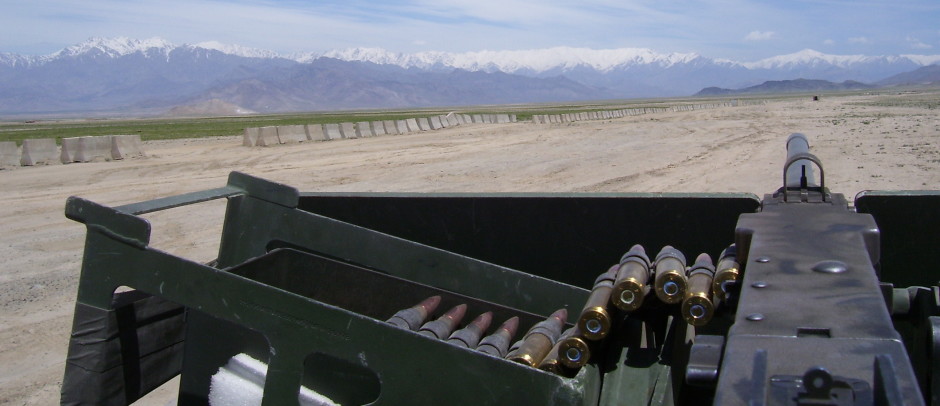The intent of one of Obama’s latest executive orders is to ensure that if you’re “in the business of selling firearms”, you must get a license, a Federal Firearms License. Sounds like a good idea, right? But for those that are familiar with the history of firearms regulations, they can tell you, “Been there, done that”. They can also tell you that Obama’s plan to license anyone who sells more than two or three firearms a year will essentially be undoing eight years of work by the Clinton Administration to REDUCE the number of licensed dealers.
The Gun Control Act of 1968 required all firearms dealers to be licensed by the Federal government, hence the Federal Firearms License, or FFL. In 1992 at the beginning of Clinton’s first term, there were 259,113 FFL dealers in the country, the highest number ever issued.
The Clinton administration arbitrarily decided that there were too many FFL dealers and set about to reduce the number. It was never charged that the small FFLs were doing anything illegal, just that there were too many. To get small dealers to voluntarily give up their licenses, Clinton enacted regulations that made it too costly for the small dealer to survive.
- FFL dealers had to have a dedicated storefront building to operate in.
- The building had to meet zoning laws.
- Raised the cost of the FFL from $30 to $200 (It was originally $1 in 1968).
- Required fingerprint cards from all license holders.
These changes pushed small, part-time dealers out of the firearms business. They could no longer operate out of their basement and couldn’t afford a separate building. The new regulations worked and the number of FFL dealers dropped to only 54,184 in 2009; the lowest number on record since the program began. But with the help of the Gun Salesman in Chief, the number has risen to 63,563 by the end of 2014.
So Bill Clinton thought there were too many FFL dealers in the country and initiated efforts that reduced the number by 80%. Now Obama thinks that anyone who sells more than one or two firearms a year should have an FFL. They are kind of at opposite ends of the spectrum. It would make me laugh if it wasn’t so serious.
I don’t think its Obama’s plan to increase the number of FFL dealers. The regulations that ran all of the small dealers off in the first place are still in effect. I won’t be surprised if he makes them even more restrictive.
A gun collector who buys and sells a dozen guns a year to improve his collection won’t want to pay for a dedicated storefront building just so he can sell the firearms he no longer needs for his collection.
Many people, including myself, buy a gun for target shooting, self-defense, concealed carry or hunting. After using it for a period of time, you find it just doesn’t suit you or come across something that works better. So you sell the first gun to buy something else. According to Obama, this makes you a dealer.
I see three solutions.
- All firearms sales/transfers go through a FFL dealer. Some States already do this. The seller and buyer meet at a FFL dealer and pay $25-$45 to do something that has been done over kitchen tables for decades. Upside, there will be a background check. Downside, additional cost and effort to gun owners.
- Private sellers and buyers ignore new laws and continue to do business over kitchen tables. Without 100% firearms registration, they won’t be caught. Upside, gun owners save some money. Downside, no background check and they will be breaking the law; a stupid law that makes criminals out of otherwise law-abiding citizens, but still a law.
- Remove the changes Clinton made to the FFL regulations and return the licensing fee to the original 1968 cost of $1.00. This would allow the return of 200,000 or more small dealers, all who would be subject to AFT guidelines, record-keeping, inspections and would be doing background checks with every sale or transfer. Upside, more background checks will be done and no added expense to gun owners. Downside, none that I can see.
But I don’t think its Obama’s goal to make things easier on gun owners. I think he intends to make gun ownership as difficult and expensive as possible. If these changes would reduce crime, they would be supported by gun owners. They don’t. Criminals don’t obtain their guns through methods that require background checks.
